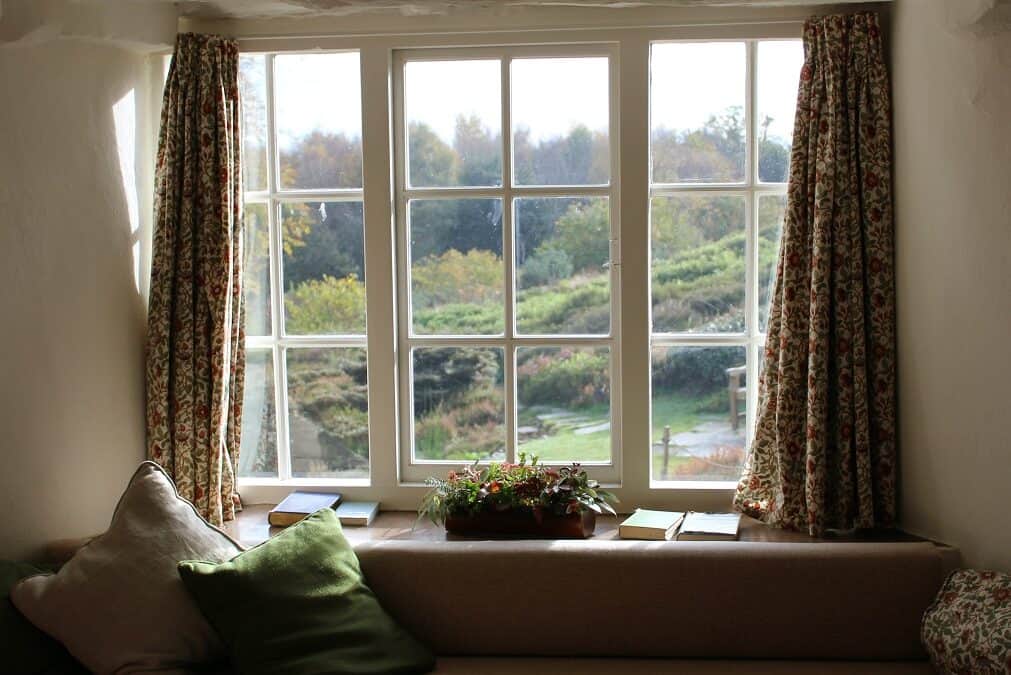Windows are a crucial component of the architecture that provides buildings with natural lighting, ventilation, and aesthetic appeal. Windows go through extensive testing, as well as improvements in both materials and design, to ensure their resistance and endurance. Extreme temperatures, wind, rain, and additional impacts are all circumstances that high-quality windows are made to withstand. Technology developments have also resulted in the creation of energy-efficient windows, which not only increase durability but also help reduce energy use and improve insulation.
Windows can preserve their functionality and look for many years through proper maintenance and routine inspections, exhibiting their toughness and longevity in the face of repeated exposure to the weather. Having the right professionals at hand also helps in this journey. Reach out to Addison Replacement Windows – (214) 302-8541 if you need assistance with your window renovations. This article delves into the most resilient and durable window types, providing insights into their construction, materials, and performance.
Vinyl Windows
Vinyl windows have earned a reputation for their longevity and dependability. These windows are made of PVC (polyvinyl chloride), which makes them extremely resistant to dampness, rotting, and warping in various conditions. These windows’ vinyl material is made to withstand tough weather, including extreme cold and hot temperatures. Vinyl windows don’t require frequent painting or staining as wood windows do, which lowers maintenance requirements and expenses.
Additionally, vinyl windows have outstanding thermal performance, which boosts a building’s energy efficiency. They are a popular option for both homeowners and builders because, despite the fact that severe temperatures can occasionally cause some expansion or contraction in the vinyl material, vinyl windows are generally famous for their robustness and longevity.
Fiberglass Windows
Because of their exceptional durability, fiberglass windows are a favored option for both home builders and homeowners. Fiberglass windows, which are made of glass fibers embedded in a resin matrix, have remarkable strength and resistance to bending, breaking, and rotting. Fiberglass expands and contracts at a rate similar to glass, lowering the likelihood of seal failure in contrast to other window materials. This property enables fiberglass windows to tolerate extremely high and low temperatures without losing structural integrity. Fiberglass windows offer homeowners peace of mind knowing that their windows can endure the test of time and numerous environmental challenges thanks to their durability, making them a good long-term investment.
Aluminum Windows
Aluminum windows are widely recognized for their exceptional durability. These windows are resistant to rust, corrosion, and rot, making them an excellent option for a variety of climates. Aluminum’s inherent strength makes it possible to build windows with bigger sizes without sacrificing structural integrity. Because of their strength, aluminum windows are capable of withstanding the test of time and severe weather, such as strong winds and heavy rain.
The energy efficiency of these windows may be impacted by the fact that aluminum is a good conductor of heat and cold. Aluminum windows continue to be a popular option despite this disadvantage because of their durability and capacity to keep their structural integrity in a variety of environmental conditions.
Wood Windows
For generations, wood windows have been an integral component in architectural design because of their timeless beauty and inherent insulating qualities. However, to ensure long-term endurance, wood needs careful maintenance. Wood windows can provide exceptional resistance with proper maintenance, such as routine sealing, painting, and moisture protection. In comparison to other window kinds, they are more prone to decay, warping, and insect damage. Wood windows have a charming appeal, but homeowners who value their durability must be willing to put some time and work into maintaining them.
Composite Windows
Composite windows are a more recent alternative that combines the advantages of many materials. These windows offer increased durability and resistance to moisture and rot since they are typically made of a combination of wood fibers and PVC or fiberglass. Comparable to conventional wood windows, composite windows offer superior thermal insulation and require less maintenance. However, because composite windows are a relatively recent development on the market, their long-term performance is still being evaluated.
Several factors need to be taken into account in the search for a resilient and durable window type. The choice ultimately depends on the unique requirements and preferences of the homeowner or building owner. Each window material has advantages and disadvantages. Choosing the most resilient and long-lasting window type ultimately comes down to balancing variables, including climate, upkeep, energy efficiency, visual appeal, and budget. You can ensure that you select windows that not only stand the test of time but also improve the overall functionality and aesthetics of the structure by consulting with window professionals and taking into account specific requirements.

Recent Comments